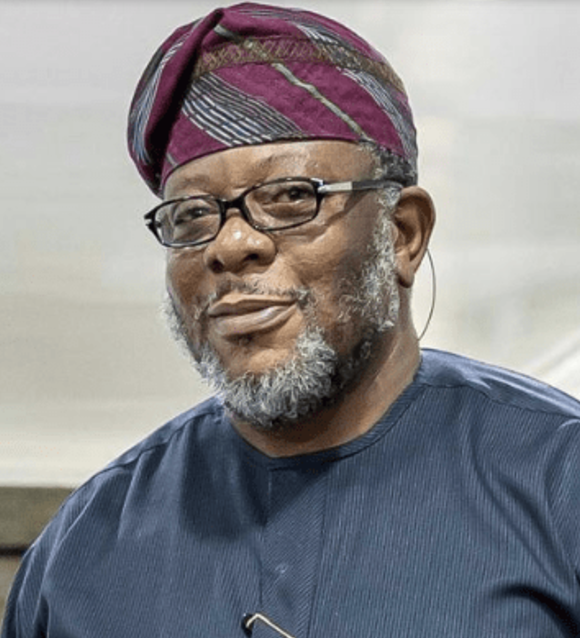In this episode, we explore the opportunities, challenges, and impact of economic integration in West Africa, featuring insights from Dr. Laoye Jaieyola, Economist. We examine the progress made within regional frameworks like ECOWAS, highlighting both successes and areas that require further attention. The conversation emphasizes how cross-border trade and investment can unlock significant economic growth, reduce poverty, and foster a more competitive regional market. We also discuss the critical role of political will, governance structures, and institutional coordination in ensuring the success of economic integration across the region.
Speakers

Laoye Jaieyola
Economist, Founder and Pro Chancellor of Hillside University of Science and Technology Okemesi-Ekiti
...







